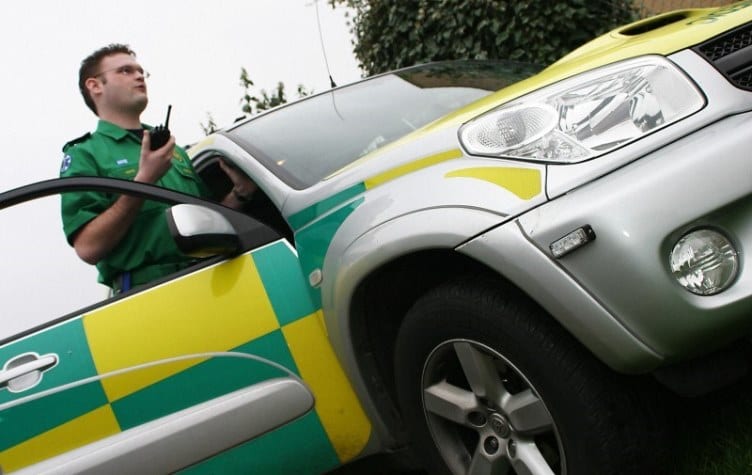CaHRU present at 999 EMS Research Forum conference in Brighton 2020
This year’s EMS 999 Research Forum took place at the Hilton Metropole Hotel in Brighton on 3-4 March 2020. CaHRU was represented there by Viet-Hai Phung and Professor Niro Siriwardena. On the first afternoon, Viet-Hai attended a workshop on using Continue reading CaHRU present at 999 EMS Research Forum conference in Brighton 2020


